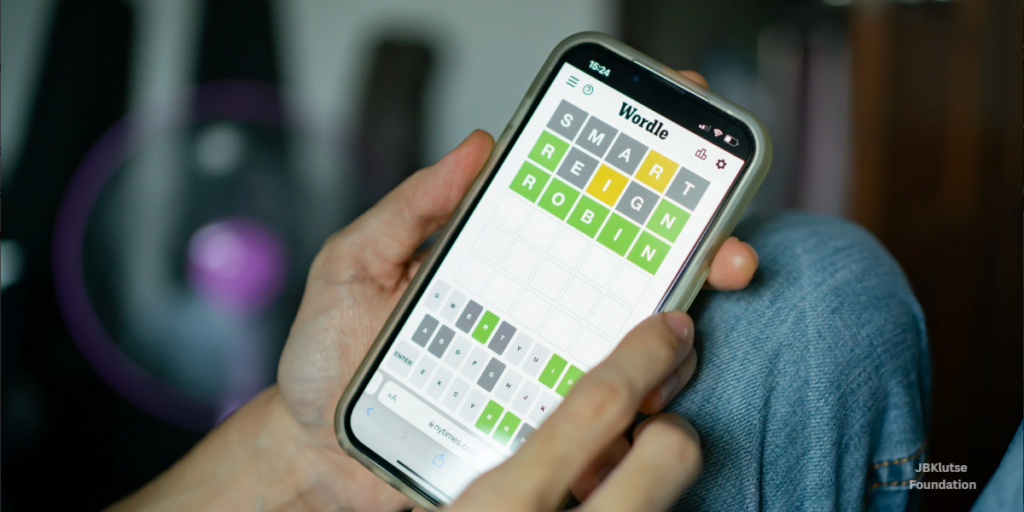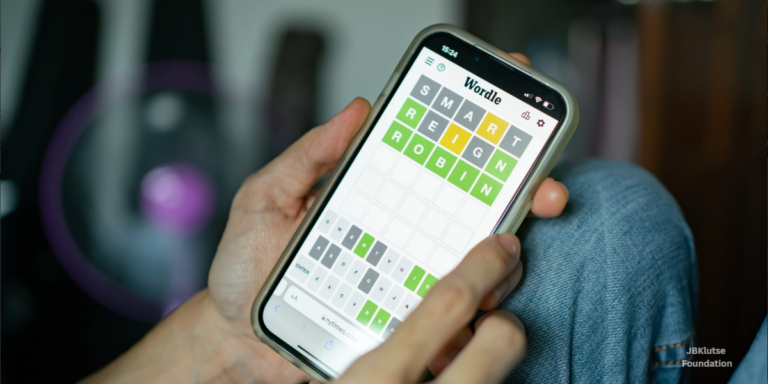No need to worry if today’s Wordle poses a challenge! We’re here to provide you with steadfast support every step of the way. The solution for Wordle Today 724 on June 13, 2023, accompanied by valuable hints, is readily available to assist you. Rest assured, the answer awaits you patiently at the end, and you can rely on our unwavering support throughout your entire Wordle journey.
So let’s dive in, starting with a recap of yesterday’s answer.
Yesterday’s Wordle answer
To provide a quick recap for those new to the game or who don’t play it daily, yesterday’s Wordle answer was “wrong.” Therefore, we can confidently state that today’s Wordle answer is definitely not that. Now, keeping that in mind, why not give it another shot using one of these suggested Wordle starting words? Feel free to come back to us if you’re still facing difficulty. We’re here, ready and waiting to assist you.
Hints for Wordle Today
You’re back! Still can’t figure it out? We have today’s Wordle answer right here, below. But first, one more thing: Let’s take a look at three hints that could help you find the solution, without giving it away, so there’s no need to feel guilty about keeping your streak alive — you put in some work, after all! Or just keep scrolling for the answer.
- The word of the day today starts with the alphabet P.
- The answer for today has only one vowel and it is U.
- The letter N is also present in the word for today.
- The word of the day ends with the alphabet K.

Wordle Today answer
Are you still having trouble? No worries — you can’t get them all! If you just want to see today’s Wordle answer to continue your streak, you can find it below.
The answer to today’s Wordle is …
PLUNK
Today’s Wordle definition
And here’s what it means, according to our good friend ChatGPT:
As a verb, “plunk” typically means to drop or put something down heavily or abruptly, often with a sound. It can also refer to hitting or striking something with a dull, low, or resonant sound. For example:
- She plunked the books on the table.
- The raindrops plunked against the windowpane.
- He plunked the guitar strings to produce a deep, rhythmic sound.
As a noun, “plunk” can refer to a dull, low, or resonant sound produced by an object being dropped or struck. It can also be used informally to describe a sudden or abrupt action or movement. For example:
- The plunk of the ball hitting the ground echoed through the stadium.
- He gave the door a plunk with his fist to get attention.
- With a plunk, the stone dropped into the pond, creating ripples on the water’s surface.
In some contexts, “plunk” can also refer to a simple and repetitive style of piano playing or a genre of music characterized by a strong, rhythmic emphasis on the piano. It often involves playing single notes or chords in a straightforward, percussive manner.
Overall, “plunk” is associated with the idea of dropping or hitting something with a heavy or resonant sound, or it can describe a sudden and abrupt action or movement. The specific meaning of “plunk” will depend on the context in which it is used.
Tips for tomorrow’s Wordle
While it may appear that Wordle is purely a game of chance, there are actually some effective strategies you can employ to maximize your clues with minimal guesses, thereby increasing your odds of deciphering the final word within the given attempts. Your initial guess is critical, and a good strategy is to make use of vowels (A, E, I, O, and U).
There are several starting words like “adieu,” “media,” “arise,” and “radio” that players have found to be particularly useful. However, avoid words with repeating letters to conserve your precious guesses. The goal is to identify the vowels present in the mystery word, then add common consonants, and gradually narrow down your options.
For your second word, given that your first guess provided a solid foundation, start incorporating more common consonants such as R, S, and T. Successful options include “stern,” “irate,” and “atone.” Always remember to avoid using any letters from previous rounds that appeared in gray as they are not part of the word.
With the mystery solved, and the definition clarified, you are now equipped with some handy tips to conquer tomorrow’s Wordle.

Are you enjoying your time on JBKlutse?
Articles like these are sponsored free for everyone through the support of generous readers just like you. Thanks to their partnership in our mission, we reach more than 50,000 unique users monthly!
Please help us continue to bring the tech narrative to people everywhere through relevant and simple tech news, reviews, buying guides, and more.
Support JBKkutse with a gift today!